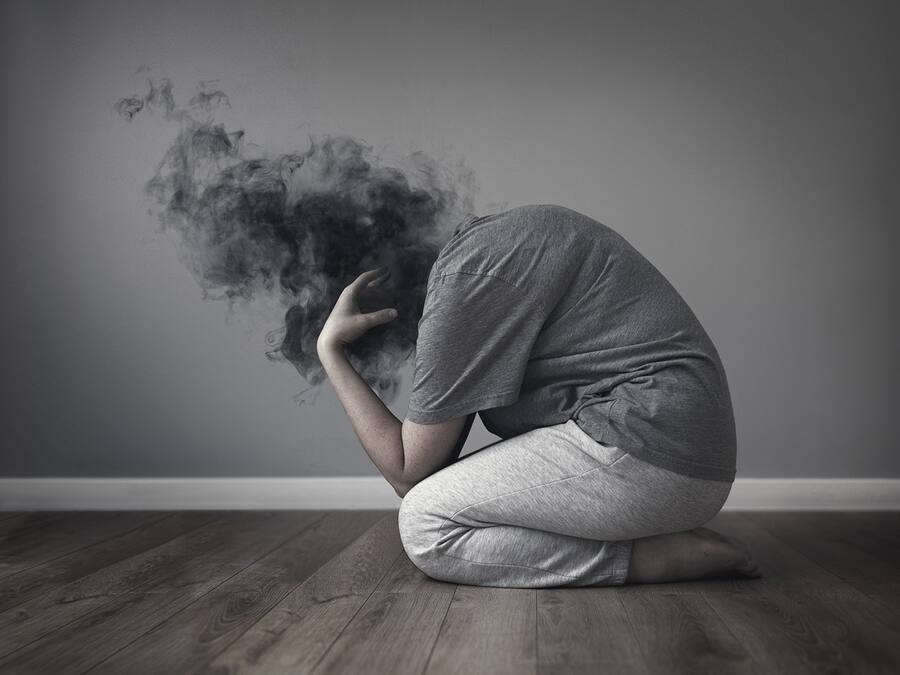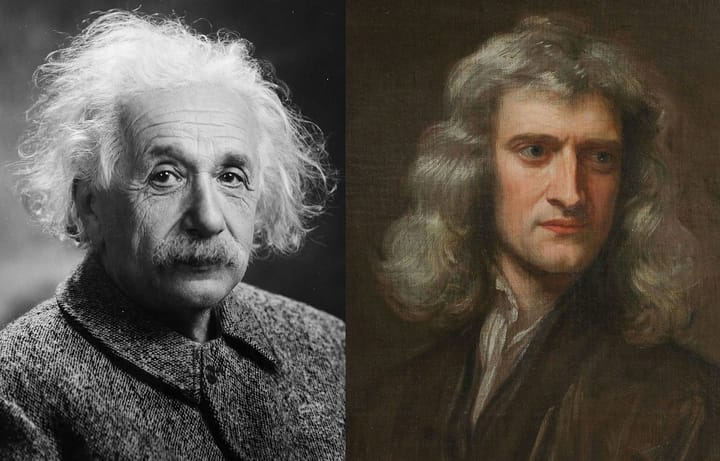When Life Feels Hollow: What Neuroscience Taught Me About Meaning
“Despair is not merely the result of suffering, but of suffering without meaning.” - Viktor Frankl

Have you ever been in that moment when the world seems to slow… and then collapse into a silence so heavy it almost hums?
When the noise of daily life fades, and in its place come the questions you never asked for, sharp, insistent, impossible to ignore:
“What’s the point of all this?”
“Why am I even here?”
“Where do we go after we die?”
It’s not the kind of silence that soothes. It’s the kind that strips you bare.
If you’ve been there, you know it’s not the same as having a bad day or a streak of low mood. This is deeper. Heavier. As if the ground beneath you has gone soft, and nothing feels solid anymore. As a psychologist, I’ve walked alongside people in this space. As a human being, I’ve stumbled into it myself more than once.
When I find myself here, I do something that might surprise you. I turn to science, specifically, neuroscience. Not because it holds the grand, cosmic answer to life’s meaning (it doesn’t, nothing ever does), but because it shows me how our minds create the feeling of meaning. And somehow, knowing how the machinery works has a way of steadying me until I can feel my way forward again.
Understanding the Hollow: Existential Despair
Existential despair or angst isn’t just a feeling of sadness or burnout. It’s a disorienting confrontation with the possibility that life has no built-in purpose. It can be sparked by loss, change, success that feels strangely empty, or even moments of stillness that strip away distraction.
It comes with:
- A sense of futility, like nothing you do truly matters.
- A deep aloneness, even in the middle of a crowd.
- Anxiety about freedom and responsibility, the realization that you must shape your path.
- A sharp awareness of mortality and time passing.
- The haunting questions: Who am I? What am I doing here?
When I first experienced this, it felt like falling into an ocean without a shore. And yet, in both my personal life and my work with clients, I’ve seen that despair can also be a strange kind of doorway. If we walk through it, we often come out with a deeper, more self-chosen way of living.
What Neuroscience Has to Say About Meaning
Here’s what science has taught me, and what I often share with my clients, when we’re in that dark hollow place.
We are natural meaning-makers. Our brains are wired to search for patterns and weave them into stories. It is natural to search for meaning. This is how we make sense of chaos, build an identity, and decide what matters. The stories aren’t fixed. They can be rewritten. That means even if meaning feels lost, it can be rebuilt, slowly, intentionally, and often in surprising ways.
Meaning is rewarding - literally. When we achieve a goal, help someone, or even learn something that excites us, dopamine is released in the brain. That rush isn’t trivial. It’s our biology telling us, This matters. Do more of this.
Connection is medicine. Our brains are deeply social. Love, friendship, shared moments of laughter or vulnerability, these release oxytocin and serotonin, chemicals that calm us and remind us we belong. When I’ve been at my lowest, it wasn’t lofty philosophy that pulled me out, it was a friend sitting next to me, a phone call, a shared meal, or just a simple voice note.
Awe can shift everything. Meditation, prayer, music that gives you chills, standing beneath a starry sky, these moments can quiet the relentless “me” chatter in the brain. They don’t answer the meaning of life, but they often restore your sense of meaning.
What This Means for the Hollow Moments
Neuroscience won’t tell you why the universe exists. It won’t promise you that life has a fixed purpose. But it does tell us this: meaning is not a treasure buried somewhere out there, waiting to be found. Meaning is built. It’s crafted from the patterns you notice, the goals you choose, the people you love, and the moments you allow yourself to be fully present for.
If you’re in that quiet, heavy place right now, I won’t ask you to “find your purpose.” That can feel impossible when you’re hurting. Instead, I’ll tell you something both gentler and more practical: your brain is built to make meaning again. You can start small. Have the conversation. Take the walk. Learn the thing. Share the meal. Notice the sunlight on your skin. These are not distractions from life; they are life, and that itself is the purpose of it all, isn't it?

The Author: Mehek Rohira
"A psychotherapist, corporate wellness trainer, mental health innovator, and strategist. I adopt a client-centered, eclectic approach to therapy and incorporate a trauma-informed lens in my work. I specialize in working with interpersonal concerns, psychiatric diagnoses, grief, complex trauma, and personal growth. I am also experienced in working with corporate clients, conducting workshops and training programs, support groups, and offline events for corporates and the larger community. My work is rooted in safety, compassion, and holistic wellness."



Comments ()